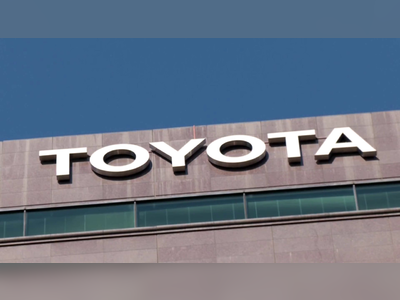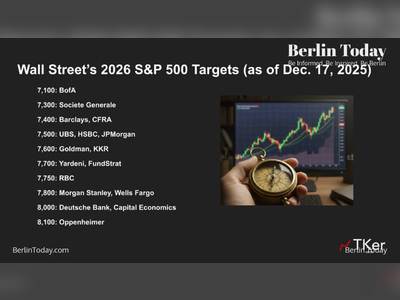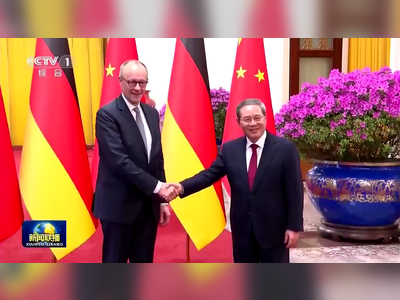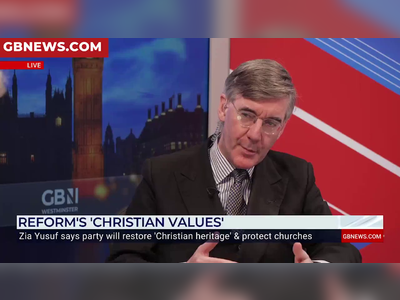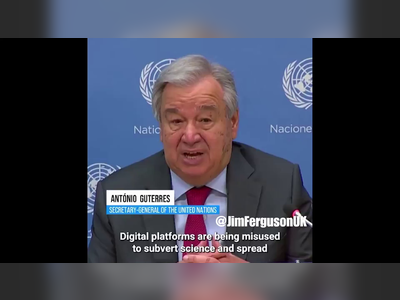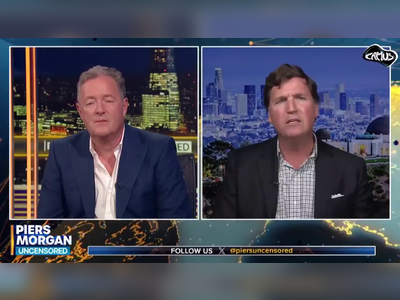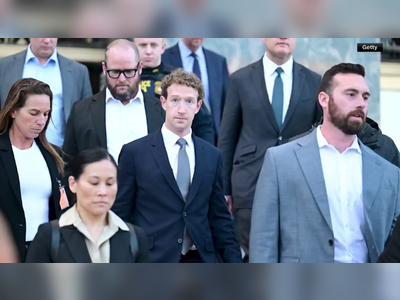Germany's Changing Ties with the U.S. During a Potential Second Trump Term
How a revitalized Trump administration could redefine the transatlantic alliance and pose challenges to Germany's position in global affairs
In November 2024, Deutsche Welle, Germany's state-owned news service, released an article titled 'Trump's election victory is a nightmare for Germany,' highlighting the rising unease in Germany after Donald Trump successfully secured a second term as U.S. President.
Less than a day later, Chancellor Olaf Scholz announced the disbandment of his three-party coalition, pointing to disagreements over the nation’s economy and the repercussions of the U.S. election results as contributing factors.
A month afterward, Scholz's government was ousted following a loss in a confidence vote, leading to federal elections scheduled for February 23, 2025.
Germany and the United States have long maintained a robust alliance, built on decades of economic, military, and diplomatic collaboration.
However, with Trump's return to office, many in Germany fear a potential shift in this relationship, as Trump's foreign policy—centered on an ‘America First’ agenda—conflicts with the multilateralism that has traditionally characterized Europe’s approach to global relations.
In a memoir published in 2024, former Chancellor Angela Merkel described Trump’s first term as a ‘challenge to the world,’ particularly concerning multilateralism, which is integral to the European Union’s values.
For Germany, the prospect of Trump imposing tariffs on key exports or withdrawing support for Ukraine in its struggle with Russia is a significant concern.
Germany has been one of Ukraine's major supporters, and Trump’s possible withdrawal of support could exert greater financial and diplomatic pressure on Berlin.
As one of the world's leading economies, Germany’s close relationship with the U.S. has been crucial in shaping European security and the global economic landscape.
The roots of the German-American alliance trace back to the post-World War II era when the U.S. helped rebuild West Germany as a defense against Soviet influence during the Cold War.
Despite this historically strong bond, Merkel’s 2017 meeting with Trump exposed the stark differences between the two leaders.
Merkel, who grew up in East Germany during the Cold War, was accustomed to navigating a world of complex diplomacy, while Trump’s transactional approach to international relations left Merkel and other European leaders struggling to adapt.
Despite these tensions, Germany's position in the international arena underwent a substantial change in 2022 when Russia’s invasion of Ukraine prompted a shift in German foreign policy.
Scholz’s historic speech in February 2022 marked a ‘Zeitenwende’ (a pivotal moment) for Germany, signifying a commitment to a more proactive military stance and an increased defense budget.
Germany achieved NATO's defense spending target of 2% of GDP in 2024, a goal it had long found challenging to meet.
This shift was partly due to American pressure, with Trump's earlier criticism of Germany’s defense spending encouraging the country to fulfill NATO's commitments.
During Trump’s first term, Germany faced significant pressure to contribute more to NATO, with the then-president’s repeated threats to reduce U.S. support unless European allies met their defense spending targets.
As Germany approaches its next round of federal elections, the nation confronts critical decisions on how to handle its relationship with the United States during Trump’s second presidency.
With the world’s two largest economies and military powers potentially at odds, the future of the transatlantic alliance may depend on Germany’s ability to remind Trump of their long-standing partnership and the advantages of continued cooperation.
In the face of these challenges, the new German government will need to balance its dedication to European unity and multilateralism with the realities of an American president whose policies often prioritize national interests over global alliances.
How Germany responds to these changes will shape its role in international affairs for years to come, and maintaining a strong, stable relationship with the U.S. will be vital for preserving its influence on the global stage.
Less than a day later, Chancellor Olaf Scholz announced the disbandment of his three-party coalition, pointing to disagreements over the nation’s economy and the repercussions of the U.S. election results as contributing factors.
A month afterward, Scholz's government was ousted following a loss in a confidence vote, leading to federal elections scheduled for February 23, 2025.
Germany and the United States have long maintained a robust alliance, built on decades of economic, military, and diplomatic collaboration.
However, with Trump's return to office, many in Germany fear a potential shift in this relationship, as Trump's foreign policy—centered on an ‘America First’ agenda—conflicts with the multilateralism that has traditionally characterized Europe’s approach to global relations.
In a memoir published in 2024, former Chancellor Angela Merkel described Trump’s first term as a ‘challenge to the world,’ particularly concerning multilateralism, which is integral to the European Union’s values.
For Germany, the prospect of Trump imposing tariffs on key exports or withdrawing support for Ukraine in its struggle with Russia is a significant concern.
Germany has been one of Ukraine's major supporters, and Trump’s possible withdrawal of support could exert greater financial and diplomatic pressure on Berlin.
As one of the world's leading economies, Germany’s close relationship with the U.S. has been crucial in shaping European security and the global economic landscape.
The roots of the German-American alliance trace back to the post-World War II era when the U.S. helped rebuild West Germany as a defense against Soviet influence during the Cold War.
Despite this historically strong bond, Merkel’s 2017 meeting with Trump exposed the stark differences between the two leaders.
Merkel, who grew up in East Germany during the Cold War, was accustomed to navigating a world of complex diplomacy, while Trump’s transactional approach to international relations left Merkel and other European leaders struggling to adapt.
Despite these tensions, Germany's position in the international arena underwent a substantial change in 2022 when Russia’s invasion of Ukraine prompted a shift in German foreign policy.
Scholz’s historic speech in February 2022 marked a ‘Zeitenwende’ (a pivotal moment) for Germany, signifying a commitment to a more proactive military stance and an increased defense budget.
Germany achieved NATO's defense spending target of 2% of GDP in 2024, a goal it had long found challenging to meet.
This shift was partly due to American pressure, with Trump's earlier criticism of Germany’s defense spending encouraging the country to fulfill NATO's commitments.
During Trump’s first term, Germany faced significant pressure to contribute more to NATO, with the then-president’s repeated threats to reduce U.S. support unless European allies met their defense spending targets.
As Germany approaches its next round of federal elections, the nation confronts critical decisions on how to handle its relationship with the United States during Trump’s second presidency.
With the world’s two largest economies and military powers potentially at odds, the future of the transatlantic alliance may depend on Germany’s ability to remind Trump of their long-standing partnership and the advantages of continued cooperation.
In the face of these challenges, the new German government will need to balance its dedication to European unity and multilateralism with the realities of an American president whose policies often prioritize national interests over global alliances.
How Germany responds to these changes will shape its role in international affairs for years to come, and maintaining a strong, stable relationship with the U.S. will be vital for preserving its influence on the global stage.
Translation:
Translated by AI
AI Disclaimer: An advanced artificial intelligence (AI) system generated the content of this page on its own. This innovative technology conducts extensive research from a variety of reliable sources, performs rigorous fact-checking and verification, cleans up and balances biased or manipulated content, and presents a minimal factual summary that is just enough yet essential for you to function as an informed and educated citizen. Please keep in mind, however, that this system is an evolving technology, and as a result, the article may contain accidental inaccuracies or errors. We urge you to help us improve our site by reporting any inaccuracies you find using the "Contact Us" link at the bottom of this page. Your helpful feedback helps us improve our system and deliver more precise content. When you find an article of interest here, please look for the full and extensive coverage of this topic in traditional news sources, as they are written by professional journalists that we try to support, not replace. We appreciate your understanding and assistance.
